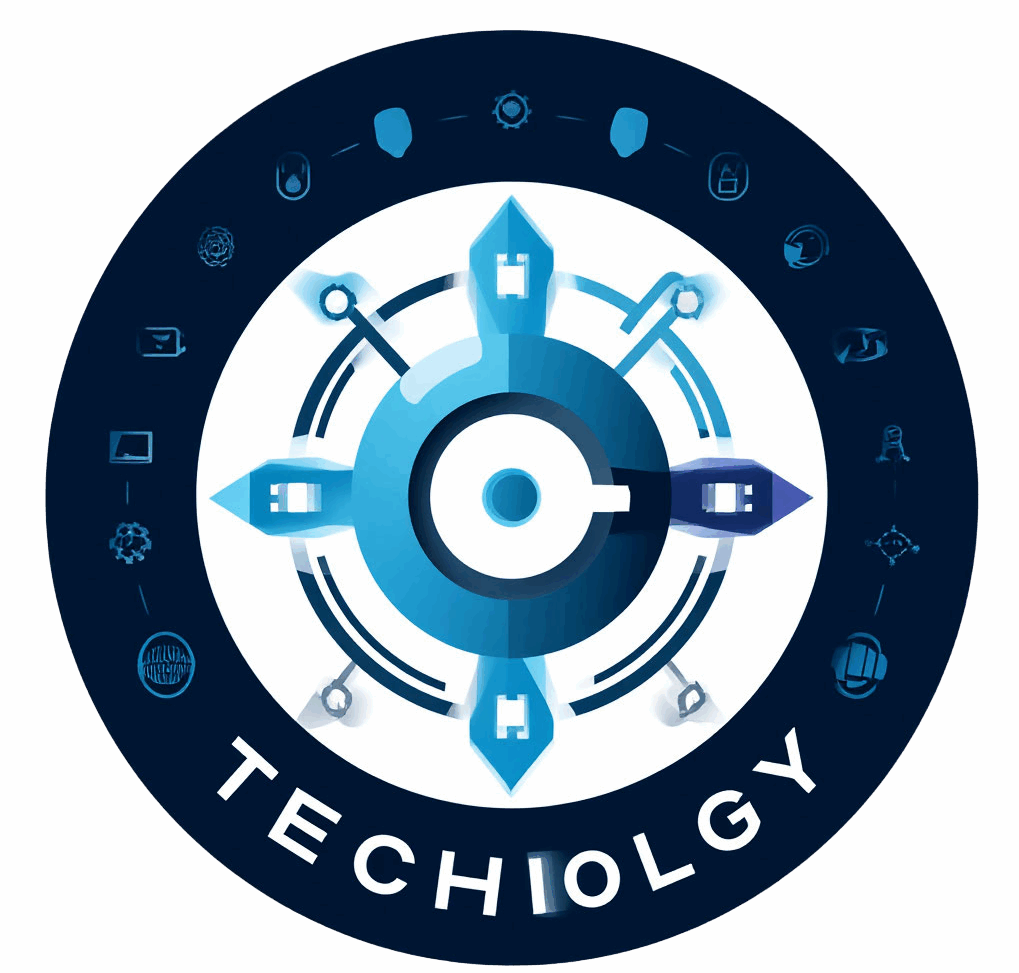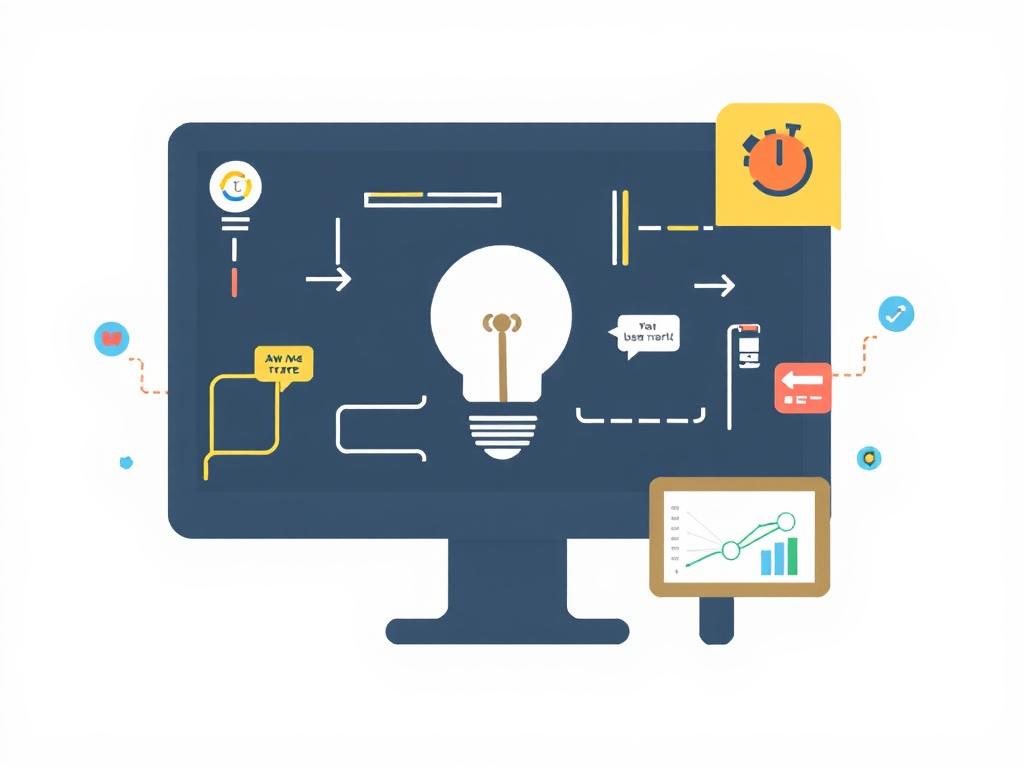In the rapidly evolving world of technology startups, staying ahead of the curve is crucial. Entrepreneurs and investors alike need to understand the emerging trends that have the potential to disrupt industries and create new opportunities. From artificial intelligence to blockchain, the landscape is brimming with innovation. In this article, we will dive into some of the most exciting startup tech trends to watch, exploring how they are changing the game and offering insights for those eager to ride the wave of future success. Whether you are a seasoned founder or just beginning your entrepreneurial journey, these trends will undoubtedly influence what’s next in tech.
Artificial Intelligence and Machine Learning: The Driving Force
Artificial Intelligence (AI) and Machine Learning (ML) continue to be at the forefront of startup innovation. These technologies are no longer confined to tech giants; startups across various sectors are incorporating AI-powered solutions to enhance user experiences, automate tasks, and make data-driven decisions. From healthcare to finance, AI startups are leveraging algorithms that improve accuracy and efficiency. What makes this trend especially compelling is its accessibility — cloud-based AI tools and open-source frameworks allow even small startups to develop sophisticated applications without massive upfront costs.
AI-driven personalization is a major focus area, where startups tailor products and services based on user behavior and preferences. This improves customer satisfaction and loyalty, creating competitive advantages. Meanwhile, ML is enhancing predictive analytics, fraud detection, and natural language processing, enabling smarter, more intuitive bots and assistants. For startups aiming to disrupt traditional industries, integrating AI and ML can be a game-changer.
Top AI Applications in Startups

- Chatbots and Virtual Assistants
- Automated Data Analytics
- Personalized Marketing Solutions
- Healthcare Diagnostics and Drug Development
- Financial Risk Assessment
Blockchain Beyond Cryptocurrency

While many associate blockchain primarily with cryptocurrencies, this technology has far wider applications that startups are beginning to explore. Blockchain offers unparalleled security, transparency, and decentralization, qualities that can be pivotal in industries ranging from supply chain management to voting systems. Startups capitalizing on blockchain are building platforms that reduce fraud, enhance traceability, and enable secure data sharing.
One of the exciting blockchain trends is the rise of decentralized finance (DeFi) startups. These ventures aim to create financial services without traditional intermediaries, offering users lower fees and more accessibility. Additionally, non-fungible tokens (NFTs) have sparked interest beyond digital art, influencing areas like real estate and intellectual property rights. Startups that harness blockchain for practical, real-world solutions are paving the way for a more transparent and efficient digital economy.
Blockchain Use Cases in Startups
| Use Case | Industry | Benefits |
|---|---|---|
| Supply Chain Transparency | Logistics | Enhanced traceability, reduced fraud |
| Decentralized Finance (DeFi) | Financial Services | Lower costs, increased access |
| NFTs for Digital Assets | Entertainment, Real Estate | New ownership models, monetization |
| Secure Voting Systems | Government | Increased security, auditability |
The Rise of Remote Work Technologies
The global shift towards remote work has pushed startups to create innovative solutions that support distributed teams. Technologies enabling seamless collaboration, virtual offices, and productivity tracking are booming. Tools that integrate video conferencing, project management, and asynchronous communication cater to the needs of companies operating across different time zones.
Startups focusing on remote work tech emphasize user-friendly interfaces and security features to protect sensitive information. Moreover, the gig economy’s growth fuels demand for platforms that connect freelancers with projects worldwide, streamlining payments and contract management. By addressing the evolving dynamics of work, these startups are not only meeting current needs but also shaping the future workplace.
Key Features of Remote Work Tech Startups
- Real-time Collaboration Tools
- Cloud-based Project Management
- Security and Privacy Protocols
- Freelancer and Contractor Marketplaces
- Employee Engagement Solutions
Internet of Things (IoT): Connecting the World
The Internet of Things (IoT) continues to expand its influence, with startups developing smart devices that collect and analyze data to improve everyday life and business operations. IoT is particularly transformative in smart homes, agriculture, healthcare, and manufacturing. These connected devices not only automate routine tasks but also provide valuable insights that drive more informed decisions.
For startups, the challenge and opportunity lie in creating interoperable systems that can work across different platforms and standards. Energy efficiency, data security, and scalability are critical factors shaping IoT innovation. With the growth of 5G networks, the speed and reliability of IoT devices increase significantly, enabling more complex and real-time applications.
Popular IoT Applications in Startups
| Application | Sector | Benefits |
|---|---|---|
| Smart Home Automation | Consumer | Convenience, energy savings |
| Precision Agriculture | Agriculture | Higher yields, resource optimization |
| Wearable Health Monitors | Healthcare | Real-time health tracking |
| Industrial IoT (IIoT) | Manufacturing | Efficiency, predictive maintenance |
Sustainable Tech: Startups with a Purpose
Sustainability has become more than just a buzzword; it is a necessity that startups are embracing with innovative technologies aimed at reducing environmental impact. From clean energy solutions to waste reduction tech, startups are developing products that support green economies and sustainable living.
Technological advances in battery storage, renewable energy generation, and carbon capture are opening new avenues for clean tech startups. Additionally, circular economy models, which focus on reuse and recycling, are gaining traction. Consumers increasingly demand eco-friendly options, pushing startups to integrate sustainability into the core of their business models. Investing in sustainable tech not only makes environmental sense but also appeals to socially conscious investors and customers.
Sustainable Tech Innovations

- Solar and Wind Energy Technologies
- Energy-efficient Smart Grids
- Electric Vehicle (EV) Charging Infrastructure
- Carbon Footprint Tracking Software
- Waste Management and Recycling Solutions
Conclusion
The startup ecosystem is an exciting and dynamic space where technology trends continuously reshape possibilities. Artificial intelligence and machine learning empower smarter decision-making and user experiences, while blockchain offers decentralized security and transparency beyond cryptocurrencies. Remote work tech responds to changing work environments, and IoT connects devices and data in unprecedented ways. Meanwhile, sustainable technology underscores the growing responsibility startups have toward the planet. By understanding these startup tech trends to watch, founders and investors can position themselves to innovate, grow, and make a meaningful impact in a competitive and fast-paced market. Staying informed and adaptable is key to navigating the future of innovation.




